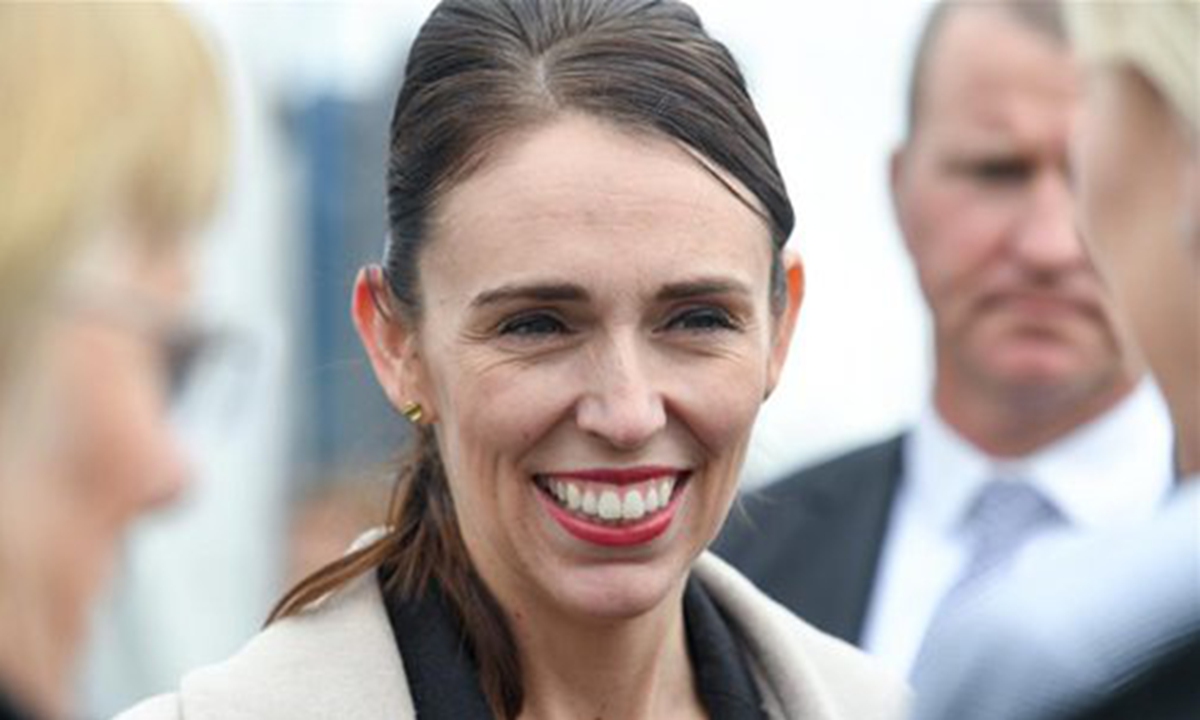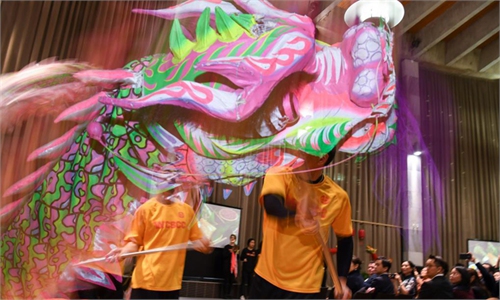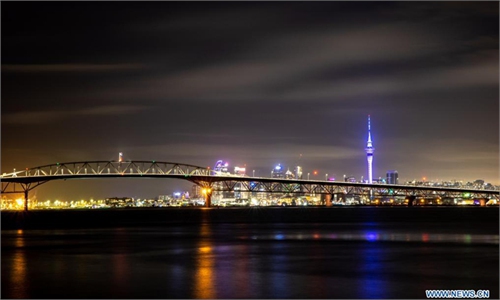Improved vaccine cooperation to be main focus of meeting
NZ to host APEC virus summit

New Zealand's Prime Minister Jacinda Ardern File photo: Xinhua
New Zealand's Jacinda Ardern will host an emergency meeting of Asia-Pacific Economic Cooperation (APEC) leaders Friday aimed at bolstering vaccine rollouts to contain the fast-spreading coronavirus variants now fueling the pandemic.
The virtual meeting, called with less than five days' notice, would also examine the 21-nation APEC group's response to its biggest economic crisis since World War II, the prime minister said.
"It's a unique opportunity to get APEC leaders together to discuss how we get our region through the health crisis and accelerate economic recovery," she told reporters.
New Zealand is scheduled to host an online summit of APEC leaders in November but Ardern said the extraordinary circumstances created by COVID-19 warranted an additional urgent meeting.
She said US President Joe Biden and his Russian counterpart Vladimir Putin would attend the virtual meeting, while China's foreign ministry confirmed President Xi Jinping's participation.
The White House said it would be Biden's first opportunity to meet many APEC leaders and he would "emphasize the importance he places on the region as well as his vision for a free and open Indo-Pacific."
"He will provide an update to leaders on what the US is doing to serve as an arsenal of vaccines for the region and to support all those suffering from COVID[-19]," White House Press Secretary Jen Psaki said.
Improving vaccine cooperation is expected to be the main focus at the meeting.
Runaway outbreaks of the Delta variant in Thailand and Indonesia showed why it was a mistake for countries to prioritize inoculating their own populations over international cooperation, Ardern argued.
New variants could prove more jab-resistant, "potentially undermining the very vaccines we're working so hard to provide."
At the meeting, Ardern will argue for increased resources for the COVAX program, which was set up to ensure equitable distribution of vaccines but has struggled to secure enough doses for low-income nations.
"Our global community was not prepared for it, and this will not be the last global health risk that we face," she said.
AFP



